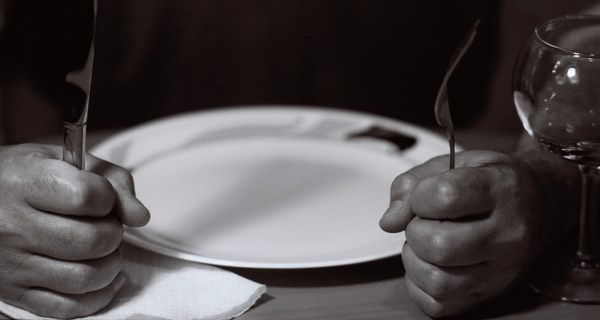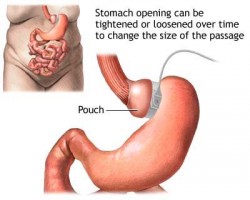The researchers thought that seeing any images of food would trigger increased brain activity late at night, when people are most likely to snack. But what they found was the opposite: The women's brains—specifically, areas of the brain associated with reward—didn't react as strongly to images of food in the evening as they did in the morning. In other words, our brains may be less sensitive to pictures of calorie-dense foods like candy, baked goods, and ice cream at night.
Some of us might beg to differ—if our brains are less sensitive to the cake in the fridge, why can't we stop thinking about it?!—but the researchers say there's an interesting explanation for their results: When we perceive food as less rewarding, we may have to keep going back for more and more in order to feel satisfied. (Learn how you can balance your appetite and weight loss hormones to drop up to 15 pounds in 3 weeks with The Hormone Reset Diet.)
While the authors say they need to do additional research to verify the small study—plus, the way we react to a photo of food doesn't necessarily predict the way we'll act around actual food—it can help you put down the Oreos if you consider that your ravenous late-night appetite might just be in your head. And if you want to treat yourself to a cookie without eating a whole sleeve, know you might be more satisfied—and thereby, less likely to overeat—if you choose your tasty high-cal foods during the day, researchers say.
"Foods may actually be more fulfilling when eaten earlier in day, as opposed to evening," says Travis Masterson, the study's lead author. "I think just the idea that nighttime snacks aren't as satisfying may help people change their behavior in a positive way."




